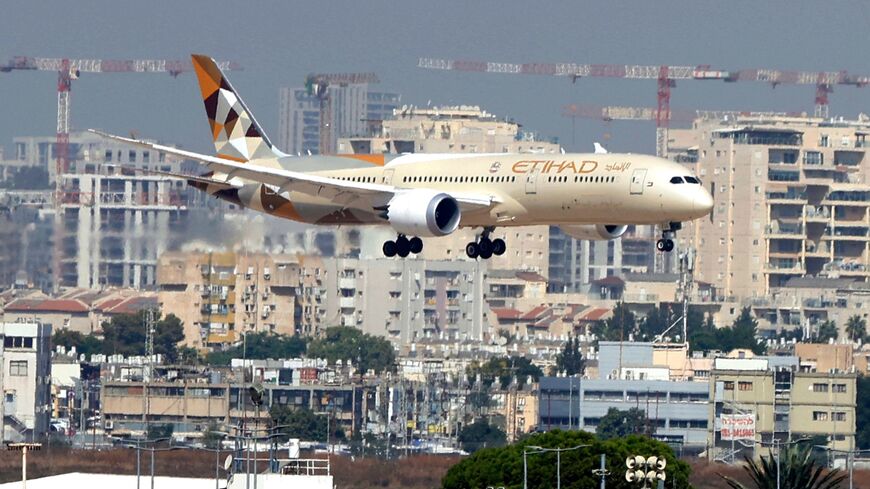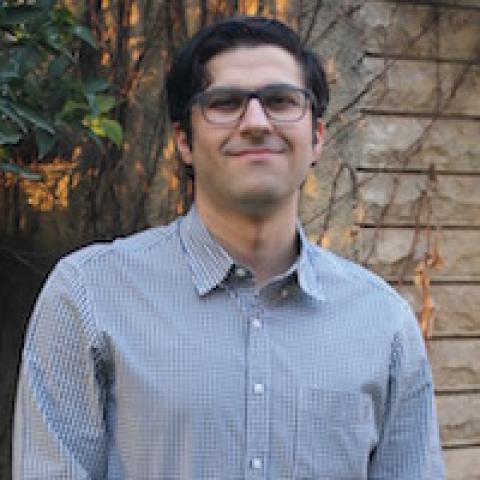Abu Dhabi’s Etihad Airways announced yesterday a new initiative to promote greater sustainability and carbon reduction in air travel.
Etihad signed a memorandum of understanding with Boston-based World Energy to establish a “long-term partnership” to decarbonize flights. World Energy’s efforts in this regard focus on sustainable aviation fuel, according to a press release.
Etihad’s sustainability head said the airline is committed to using more sustainable aviation fuel when it becomes feasible.
“Net-zero commercial aviation is possible, but we have to be honest as an industry and say there are significant logistical challenges to using SAF at present,” said Mariam Alqubaisi, using an acronym for sustainable aviation fuel. “We are committed to using actual SAF on our flights from the US and across the world when we can secure a sustainable and efficient supply at the airports we serve.”
What it is: Sustainable aviation fuel is airplane fuel sourced from biological materials. It can be produced from a variety of materials, including old cooking oil and waste from farming and forests.
Why it matters: Sustainable aviation fuel has the potential to greatly reduce carbon emissions from planes. The material has proven capable of powering lengthy flights. Last month, Etihad Airways flew from Washington, DC, to Abu Dhabi using sustainable aviation fuel. The flight carried attendees of the UN climate change conference, COP27.
Sustainable aviation fuel is not close to being ready for mass use, however. An August report from the International Council on Clean Transportation pointed out that airlines used just 100 million liters of alternative jet fuel in 2021. For comparison, US airlines alone used more than 62 billion liters of fuel that year.
The report praised the European Union in particular for its policies promoting sustainable aviation fuels. However, economics is posing a problem, since the fuel is relatively expensive.
“The core problem is that airlines won’t voluntarily pay more for fuel,” read the report.
Etihad’s leadership has said similar. In addition to Alqubaisi’s comments, CEO Tony Douglas said in May that sustainable aviation fuel is six times higher than conventional fuel.
“This challenge needs policy changes from governments, continued [research and development], supply chain enhancements and refining improvements,” he said.
Douglas was speaking in the context of Etihad’s efforts to reduce carbon emissions during flights.







